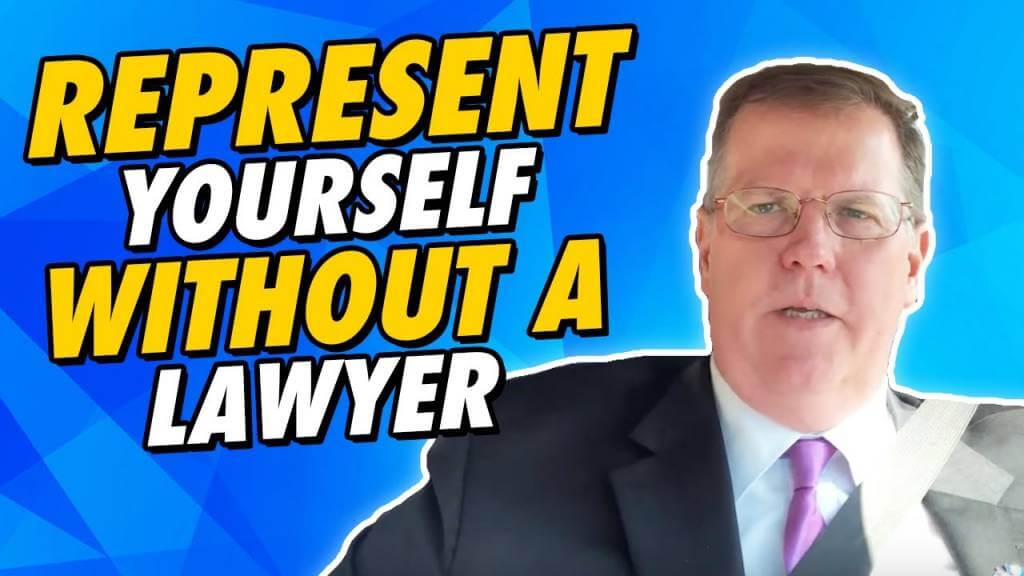Being charged with domestic assault can be terrifying and frustrating. Because the consequences of convictions are severe in Virginia, determining what the best approach is for defense is vital. Here’s what you need to know.
What Is Considered Domestic Assault in Virginia?
Virginia defines domestic assault as assault and battery against a family or household member. Assault is the act of threatening to commit a battery, which is the unlawful action of touching someone rudely or angrily, even if no injury occurs. For example, one spouse might shove the other spouse during an argument. The spouse who is shoved doesn’t sustain an injury, but the action could be seen as threatening and could lead to worse actions.
What Happens if Someone Is Convicted of Domestic Assault in Virginia?
The state of Virginia takes domestic assault charges seriously, and there can be severe consequences for someone convicted of those charges. Each case is unique, and the penalties assessed will depend on many factors, including the severity of any injuries and if there are prior convictions. In general, these are some of the consequences that could be ordered after a domestic assault conviction.
- First conviction: This could be a class 1 misdemeanor and result in a fine of up to $2,500 and up to 12 months in prison. If stalking or violating a protective order was involved too, that could lead to a new temporary protective order being issued against them.
- A third conviction within 20 years: This can be a class 6 felony and could lead to up to five years in prison and a fine of up to $2,500. The consequences can be even harsher if the person alleging the domestic assault is badly injured.
- Felony convictions can have additional long-term consequences. A criminal record may last for the rest of the convicted person’s life and can affect their ability to find a job, apply for housing, vote, or own or possess a firearm. That’s why it’s crucial that someone charged with domestic assault work with an experienced criminal defense attorney who understands the complex laws involved and can identify the best approach for a defense.
How Does Virginia Define “Family or Household Member”?
The following are all people Virginia could view as family or household members who could allege domestic assault.
- Spouse or ex-spouse. The spouses may no longer live in the same home and may be divorced, but they still count as family.
- Children and stepchildren. It doesn’t matter if the children or stepchildren still live in the same home as the accused person, nor does it matter if the parents were married at any point.
- Regardless of where they live, parents, stepparents, grandparents, siblings, and half-siblings.
- In-laws if they live with the accused.
- Anyone who lived with the person charged within the previous 12 months, even if they don’t currently.
What Do Prosecutors Have to Prove for Domestic Assault Conviction in Virginia?
Prosecutors have to prove that the accused is guilty beyond a reasonable doubt of the domestic assault as defined above. That means they have to prove that an unwanted or injurious touch occurred, and they have to make the case highly credible. That could involve bringing in eyewitnesses if there are any, or character witnesses.
What Are Some Tactics to Have Domestic Assault Charges Dropped?
First, understand that charges don’t automatically lead to convictions. There are several approaches that your criminal defense attorney could use to reduce the charges or have them dismissed.
The particulars will vary depending on each case, but here are a few ways your lawyer may approach your case.
- Self-defense. The lawyer may be able to argue that the person charged was acting in self-defense.
- Defending someone else. The person charged acted to prevent another person from being injured.
- Dispute the event. Someone may be able to argue that the incident never occurred and was fabricated by the alleged victim.
- Protecting property. The person charged was trying to protect their property from damage by someone else.
The event was misinterpreted. The person filing the charges misunderstood what the charged person was doing and thought they meant harm when they didn’t, or what happened was an accident.
Again, these are only examples and may not fit everyone’s case. Talking to a criminal defense attorney can help determine the best approach for your case.
Will I Have to Go to Jail When I’m Charged with Domestic Assault?
The answer to that has much to do with the specifics of your case. If this is the first time someone is charged and they have no prior convictions, it’s easier for your defense attorney to argue that you should be released while the case is being investigated. However, if there are prior convictions, especially if they involve the same family or household members, it can be more challenging to persuade the court to release someone on bail. This is another reason someone charged with domestic assault should work with a defense attorney as soon as possible.
What Should I Do if I’m Charged with Domestic Assault in Virginia?
Call Scott Nolan Criminal Defense as soon as possible at 703-688-9236 to request a free case evaluation. If convicted, the consequences can be severe. The sooner we take a look at your case and get started, the better. We understand how frustrating this situation can be and will work to provide the best defense possible.











